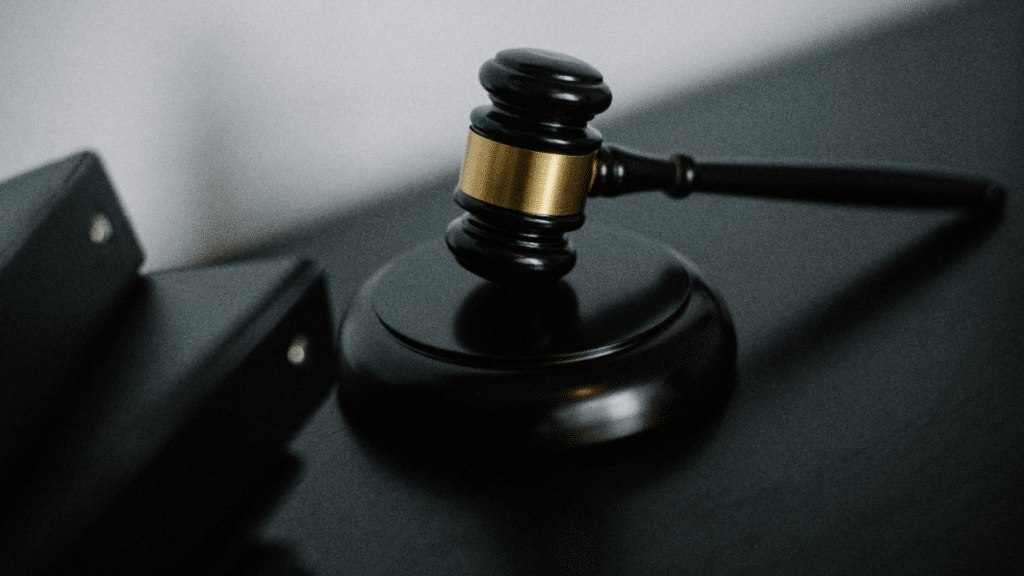Ambition knows no boundaries in the legal world of today. From bustling courtrooms in Manila, to policy think tanks in Nairobi, a growing number of foreign-trained lawyers are setting their sights on the U. S. bar for new opportunities — whether to broaden their practice, take up a new life with a purpose or just to become knowledgeable about U.S. practices. However, the road to a license doesn’t stop at exam-taking. It’s a maze of academic requirements and regulatory hurdles that lawyers from other countries must cross. Chief among these hurdles? The unspoken academic gap that is restraining a candidate from progression. This is where credential evaluation serves its real purpose. It is not just a paperwork process but a guide for foreign-educated lawyers to navigate the bar regulation in the U.S.
Bar Paths Across States
Most countries follow a centralized legal licensing system; however, in the U.S. whether a candidate can be licensed or not, it is decided by each and every state. As a result, the requirements can vary dramatically from state to state. Some states, like New York have pathways for foreign-trained lawyers that usually lead to being eligible to sit for the bar after completing an LL. M. from an ABA-accredited law school. Meanwhile in California, the requirements are stricter with specific duration of legal study to complete and formal steps to take along the way.
Regardless of the jurisdiction, foreign lawyers must prove that their legal education is in line with the U.S. standards. This is where credential evaluation plays its role.
Common Academic Gaps Foreign Lawyers Encounter
A. Degree Equivalency Issues
Degree comparability is the most challenging and complicated part of a credential evaluation. Legal degrees in most countries are granted at the undergraduate level whereas in the U.S., Juris Doctor (JD) is a graduate-level professional degree. Evaluators will have to determine whether the foreign credential meets U.S. requirements for a “qualifying” law degree. If they fall short, candidates generally need to complete additional legal coursework at a U.S. institution.
B. Missing Undergraduate Foundations
In California, for example, candidates must prove that they have completed an undergraduate education before studying law. More specifically, California requires an equivalent of at least two years of undergraduate education. This can delay eligibility or even require additional coursework for candidates who began their legal education directly after finishing secondary school. A credential evaluator not only needs to evaluate the law degree, but also the broader academic track.
C. U.S.-Based Legal Study Requirements
Even if a law degree earned in another country is deemed equivalent, most states require additional U.S. legal education, usually through an LL.M. or by taking courses in U.S. constitutional law and ethics. For example, California may require up to four years of U.S. study on candidates from non-common law countries. These regulations are necessary so that lawyers have an understanding of both how federal and state legal systems work.
D. Procedural Gateways: The FYLSX
The California First-Year Law Students’ Examination (FYLSX or “Baby Bar”) is a requirement for a number of foreign-trained lawyers and nontraditional candidates. It covers fundamental legal topics and is a requirement for students who attend unaccredited law schools or take alternative routes. Passing it is a requirement to progress towards bar eligibility.
The Role of Credential Evaluation
Bar Exam Credential Evaluation USA is the process where foreign academic records are translated into formats that align with the U.S. standards. It is a required step in most jurisdictions and forms the basis of bar eligibility. A professional credential evaluation for U.S. bar admission evaluates degree comparability, course content, credit hours, grading scales and recognition of the institution.
The reports prepared by evaluators help state bar authorities determine the structure and quality of foreign legal education. These reports can also go a long way to inform candidates where their academic weaknesses are, and thus may indicate the need to take more additional course work. Selecting an evaluator who understands legal education is important especially for very complex credentials.
Strategic Tips for Foreign-Trained Lawyers
- Start with jurisdiction-specific research. Avoid common and costly mistakes by understanding the rules in each state and plan ahead.
- Select credential evaluators with legal education expertise. While not a common subject among evaluators, selecting an evaluator who can understand the background of law degrees will serve you better.
- Consider supplemental U.S. legal education. An LL.M. or targeted coursework can strengthen eligibility and fill curricular gaps.
- Prepare for additional exams. In addition to the bar itself, candidates may have to take the FYLSX or the MPRE (Multistate Professional Responsibility Examination), depending on the state.
Conclusion
Crossing borders into the U.S. legal system may be daunting, but for foreign-trained lawyers, the bar isn’t a barrier—it’s a gateway waiting to be unlocked. Careful planning, focused study, and a good credential evaluation can get you past your academic shortcomings. A thorough credential review not only gives a clearer idea about eligibility, but also enables candidates to make decisions with confidence. With professional help, hurdles can become a clear path to U.S. bar admission—a path made clearer through Bar Exam Credential Evaluation USA.
